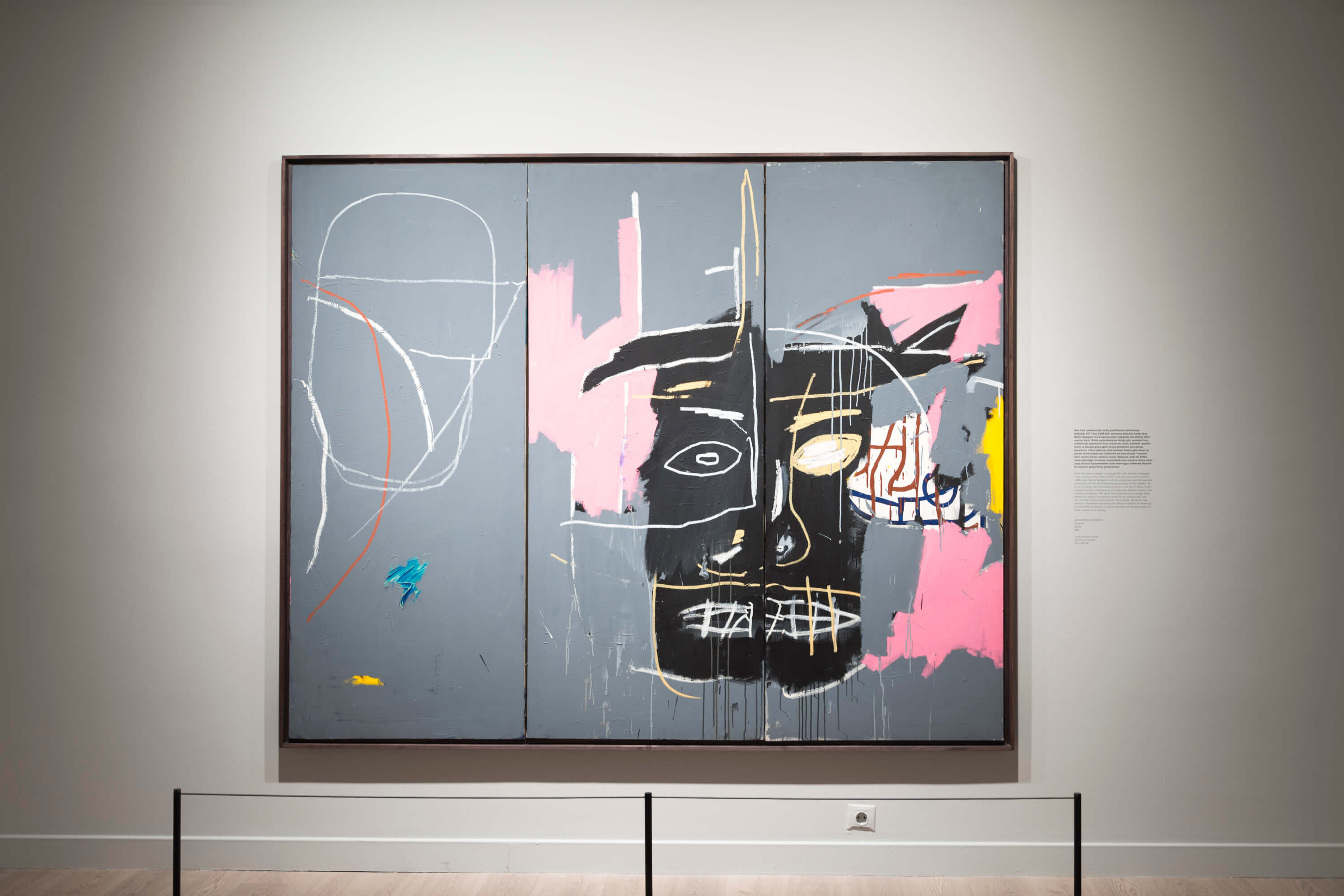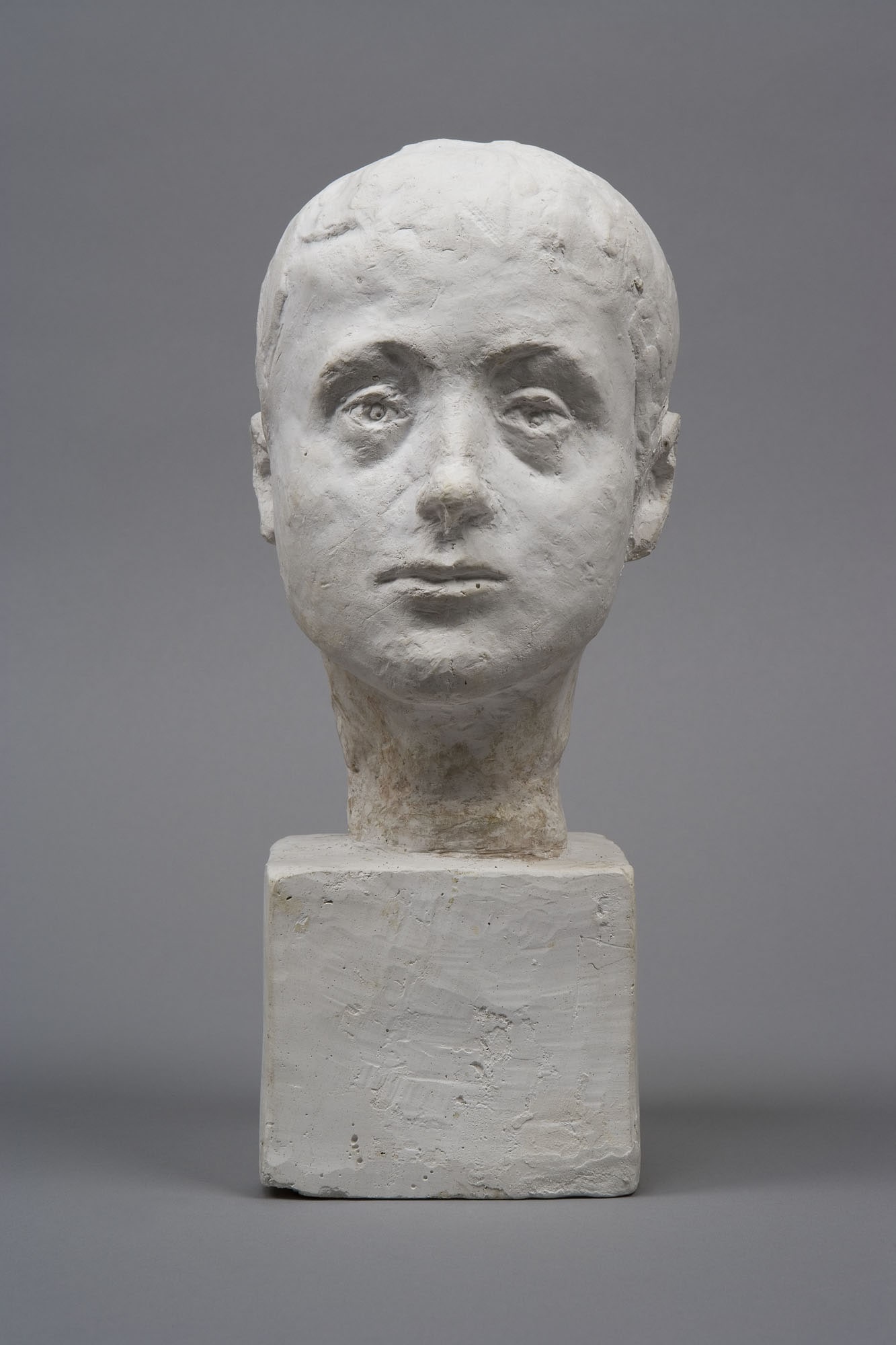Director: Ahmed Imamovic
Cast: Sadzida Steic, Nermin Tulic, Emina Muftic
Bosnia and Herzegovina, 2010, 90’, color
Bosnian with Turkish subtitles
Ruveyda is like most residents of the Belvedere refugee camp: a widow yearning to forget the tragedy of war, fifteen years after the ethnic cleansing of Bosnia and Herzegovina. But unlike those around her, she spends most of her days in a bittersweet routine of caring for her extended family, and searching for the remains of her husband and son—both of which offer a precarious hope that is one day tested when her nephew is selected to participate in a reality show in a former enemy enclave. An emotionally rich portrait of war’s troubled aftermath, director Ahmed Imamović’s film paints an uncommon image of patience, faith, love, and above all, forgiveness.
Trailer

The exhibition “Look At Me! Portraits and Other Fictions from the ”la Caixa” Contemporary Art Collection” examined portraiture, one of the oldest artistic genres, through a significant number of works of our times. Paintings, photographs, sculptures and videos shaped a labyrinth of gazes that invite spectators to reflect themselves in the social mirror of portraits.

Organized in collaboration with the Giacometti Foundation, Paris, the exhibition explores Giacometti’s prolific life, most of which the artist led in his studio in Montparnasse, through the works of his early period as well his late work, including one unfinished piece. Devoted to Giacometti’s early works, the first part of the exhibition demonstrates the influence of Giovanni Giacometti, the father of the artist and a Swiss Post-Impressionist painter himself, on Giacometti’s output during these years and his role in his son’s development.
Tuesday - Saturday 10:00 - 19:00
Friday 10:00 - 22:00
Sunday 12:00 - 18:00
The museum is closed on Mondays.
On Wednesdays, the students can
visit the museum free of admission.
Full ticket: 300 TL
Discounted: 150 TL
Groups: 200 TL (minimum 10 people)